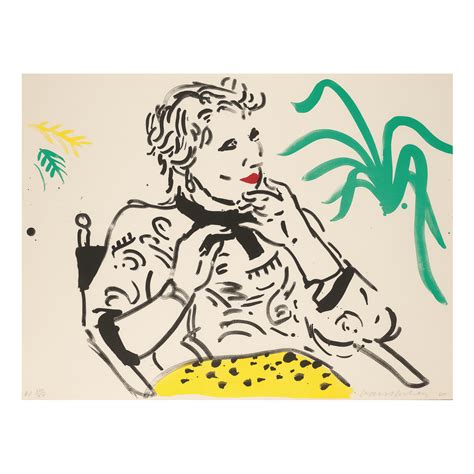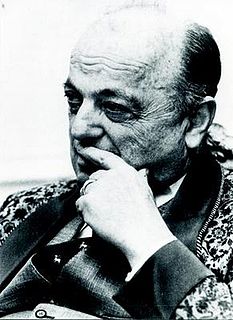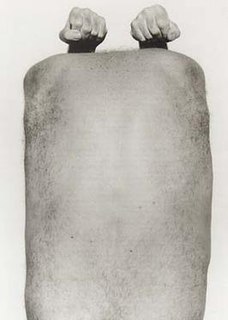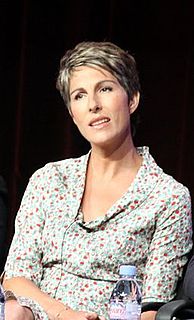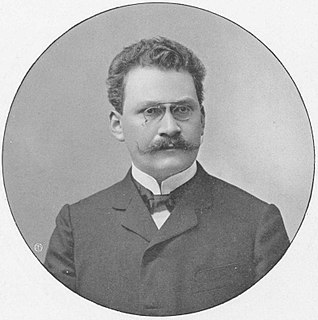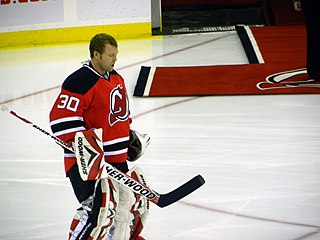A Quote by Paul Dirac
I think it is a peculiarity of myself that I like to play about with equations, just looking for beautiful mathematical relations which maybe don't have any physical meaning at all. Sometimes they do.
At age 60.
Related Quotes
What appear to be the most valuable aspects of the theoretical physics we have are the mathematical descriptions which enable us to predict events. These equations are, we would argue, the only realities we can be certain of in physics; any other ways we have of thinking about the situation are visual aids or mnemonics which make it easier for beings with our sort of macroscopic experience to use and remember the equations.
Like music or art, mathematical equations can have a natural progression and logic that can evoke rare passions in a scientist. Although the lay public considers mathematical equations to be rather opaque, to a scientist an equation is very much like a movement in a larger symphony. Simplicity. Elegance. These are the qualities that have inspired some of the greatest artists to create their masterpieces, and they are precisely the same qualities that motivate scientists to search for the laws of nature. LIke a work of art or a haunting poem, equations have a beauty and rhythm all their own.
I might sound like a crazy person, but that's the way I pump myself up. You know how some people are just like 'I have to talk about it'? Sometimes I'll call my husband and we'll talk about it, sometimes I have to talk to myself in the mirror. So I start talking to myself: 'You got this. Don't think of this as Sports Illustrated, just think about this as the best swimsuit campaign you've done in your life. And just kill it and own it and don't put that pressure on yourself.'
I am so beautiful, sometimes people weep when they see me. And it has nothing to do with what I look like really, it is just that I gave myself the power to say that I am beautiful, and if I could do that, maybe there is hope for them too. And the great divide between the beautiful and the ugly will cease to be. Because we are all what we choose.
Maybe you play a melody twice. You play it once like you like it, and some parts that you don't like you can just switch. An eight-bar motive - you can just take it and put it in the front or back or something like that. It can save you 50 or 60 or 70,000 dollars, a drum machine. That's why everybody uses it.
I am attracted to looking at the different things language can mean even in one sometimes quite ordinary utterance. Writing is partly about listening closely to yourself as you think or compose and being aware of the different tensions and weights among the words, the different directions any one of them could lead. I like to play with the multiplicity and instability of meaning partly out of a sense of adventure, to see where that takes me and partly in a whistling past the graveyard kind of way because, of course, sensing stable meaning fall away can be scary.
The principal thing is the question of how our culture views age: that old is ugly. Take a photographer like Mapplethorpe. Every single photograph of his is about classical notions of beauty, of young beautiful black men, young beautiful women, and he selects subjects who are essentially interesting and good-looking and extremely physical. I can't stand them.
The rigid electron is in my view a monster in relation to Maxwell's equations, whose innermost harmony is the principle of relativity... the rigid electron is no working hypothesis, but a working hindrance. Approaching Maxwell's equations with the concept of the rigid electron seems to me the same thing as going to a concert with your ears stopped up with cotton wool. We must admire the courage and the power of the school of the rigid electron which leaps across the widest mathematical hurdles with fabulous hypotheses, with the hope to land safely over there on experimental-physical ground.

